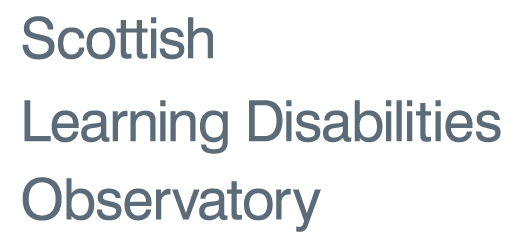Health of young people with learning disabilities during transition to adulthood

Background
There has been little prior investigation of the general health of young people with intellectual disabilities across transition, nor separately for young people with intellectual disabilities with or without Down syndrome, despite general health being a strong predictor of subsequent health service use, hospital admissions and mortality in the general population. We aimed to investigate general health status in young people with intellectual disabilities with and without Down syndrome over the transitional period, and quantify the extent to which personal characteristics, parental relationships and household income are associated with general health status.
What we did
The National Longitudinal Transitions Study-2 includes a nationally representative sample of young people receiving special education services aged 13-17 years at wave 1, followed up over 10 years in five waves of data collection. Data on general health status of young with intellectual disabilities with and without Down syndrome were obtained from parent reports. We summarised overall demographics and general health status and plotted general health status for those who had health data available for all 5 waves. We then used a method known as random-effects ordered logistic regression to investigate whether wave, age, sex, Down syndrome, ethnicity, parental relationship status, and household income are associated with general health status.
What we found
At wave 1, data on intellectual disabilities were available on 9,008/9,576 (94.1%), and 871/9,008 (9.7%) had intellectual disabilities, of whom 125/871 (14.4%) had Down syndrome. Youth with intellectual disabilities, with or without Down syndrome had low rates of excellent or very good health. Across waves 1-5, there was a shallow gradient in the proportion with intellectual disabilities reporting excellent/very good health, from 57.1% at age 13-17 to 52.6% at age 21-25, being more marked for those without Down syndrome (57.8% at age 13-17 to 51.8% at age 21-25). However, contrary to our expectations, an ordinal measure of general health status (i.e. 5 categories of excellent, very good, good, fair and poor health) did not decline over this transitional period, and did not differ between the youth with, versus without, Down syndrome. There was a gradient of higher income associated with better health, significantly so over $50,001 (OR=0.559, 95% CI 0.366-0.854), and poorer health experienced by youth with Hispanic, Latino or Spanish ethnicity (OR=1.790, 95% CI 1.051-3.048). Female sex and parental relationship status were not associated with health status.
What this means
Young people with intellectual disabilities have poor health, therefore they require support at all ages, including transition from childhood. Schools, teachers, and staff in transitional services should consider health, health care and support during transitional planning and be aware of ethnicity and the stressful effects of low household income. This is important as interventions based on provision of greater support can prevent adverse consequences.
The original research paper associated with this work can be found here.
Page last updated on 13th October 2020.
